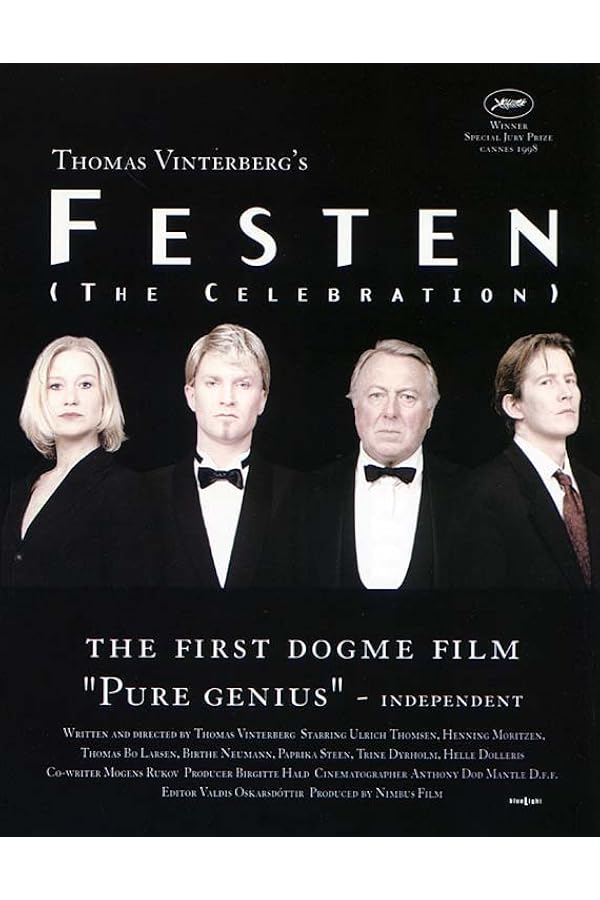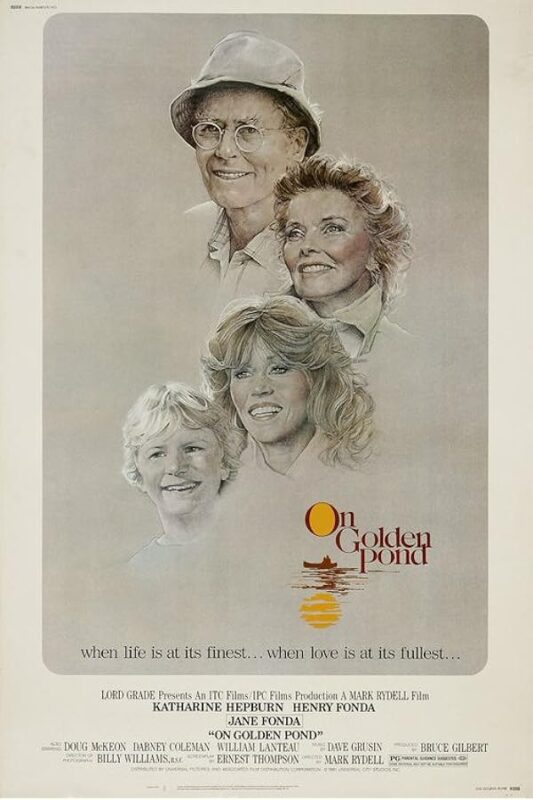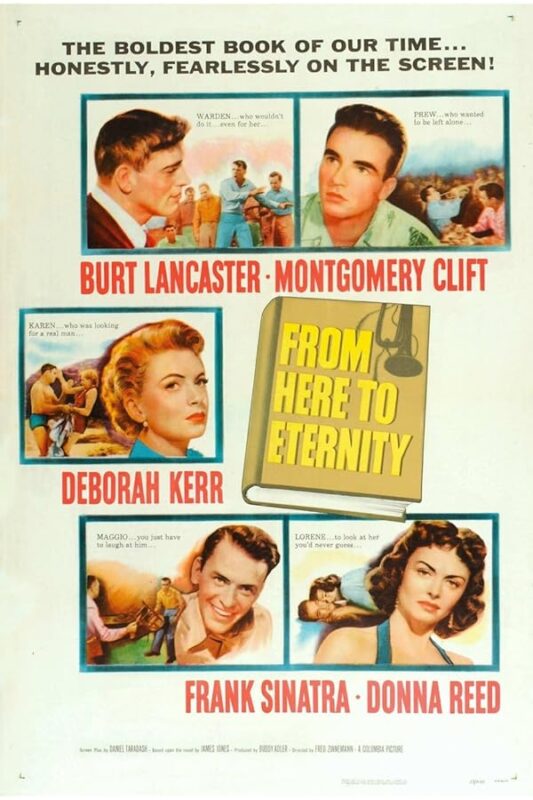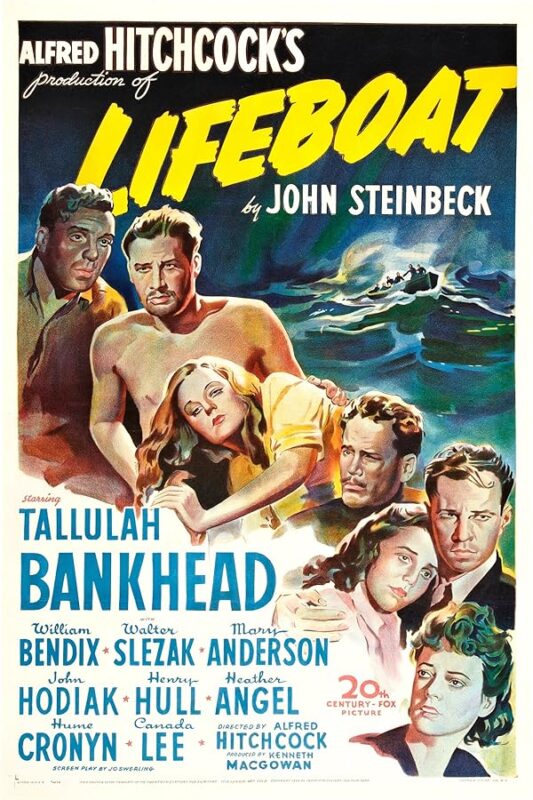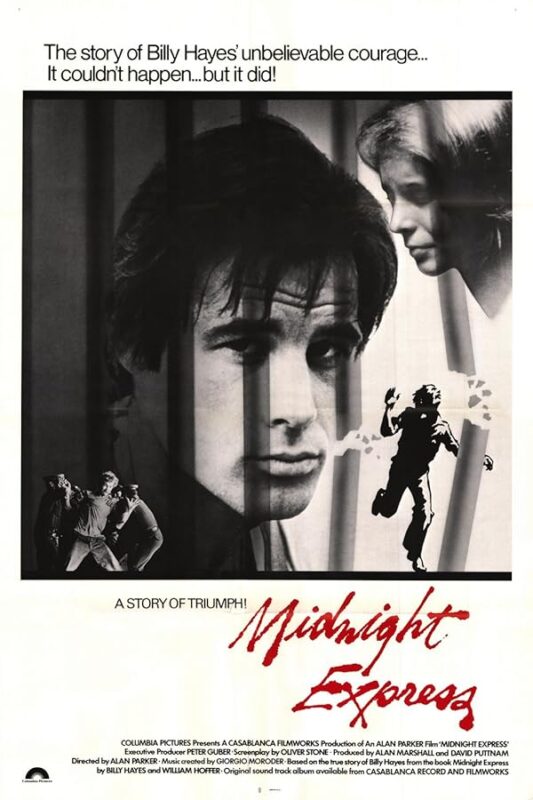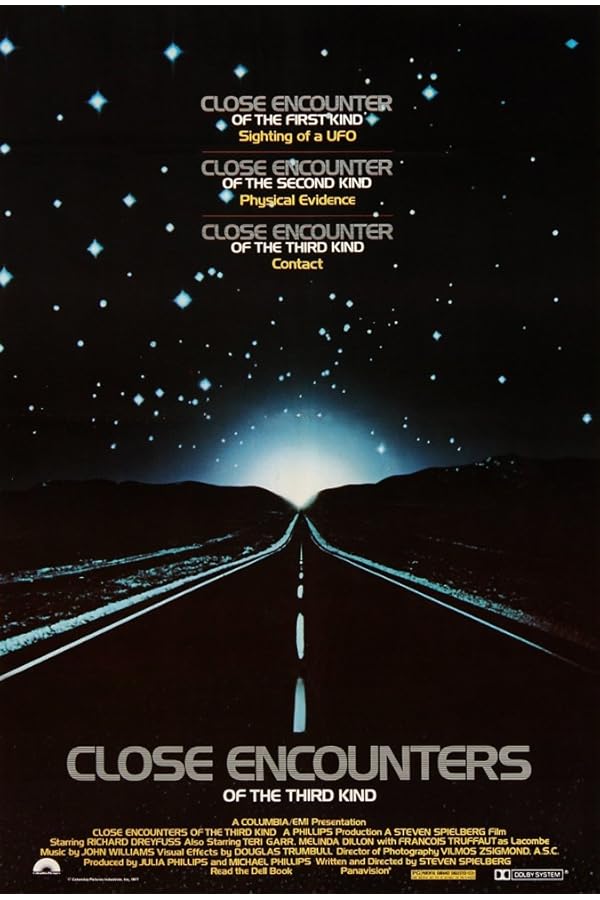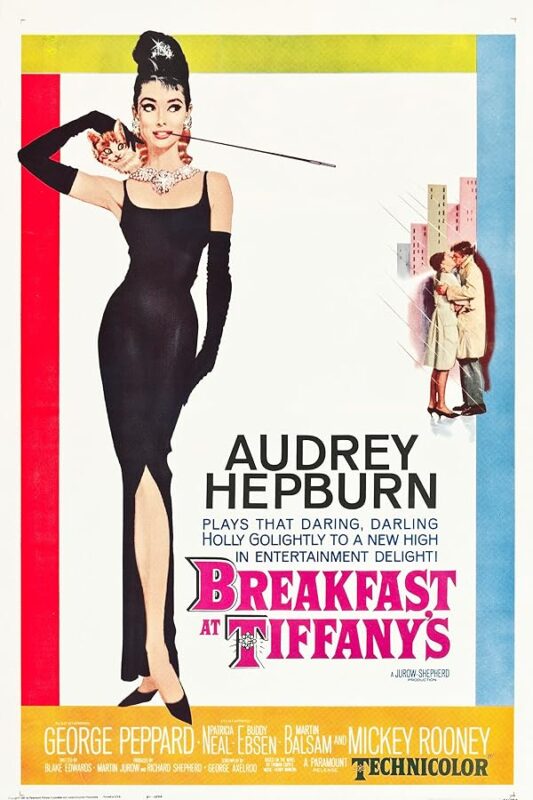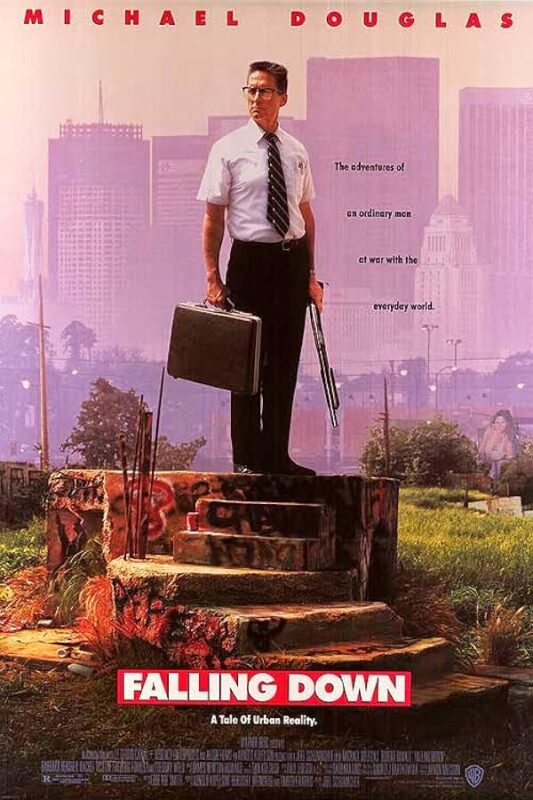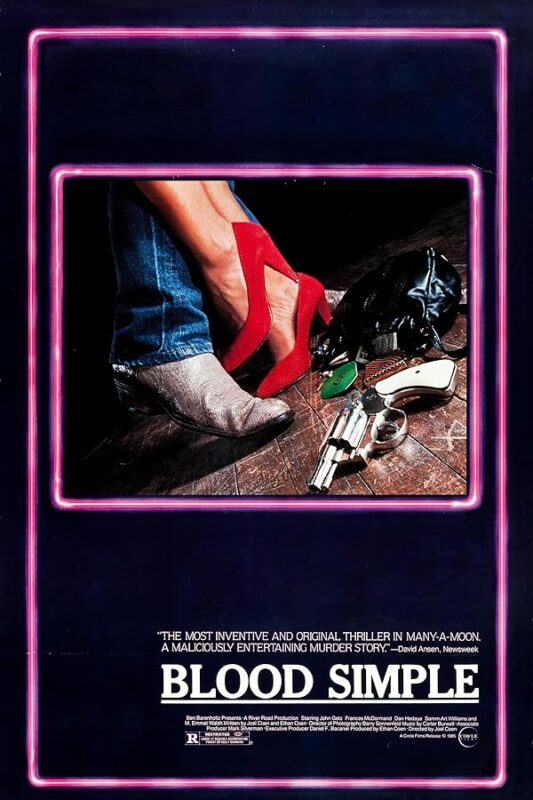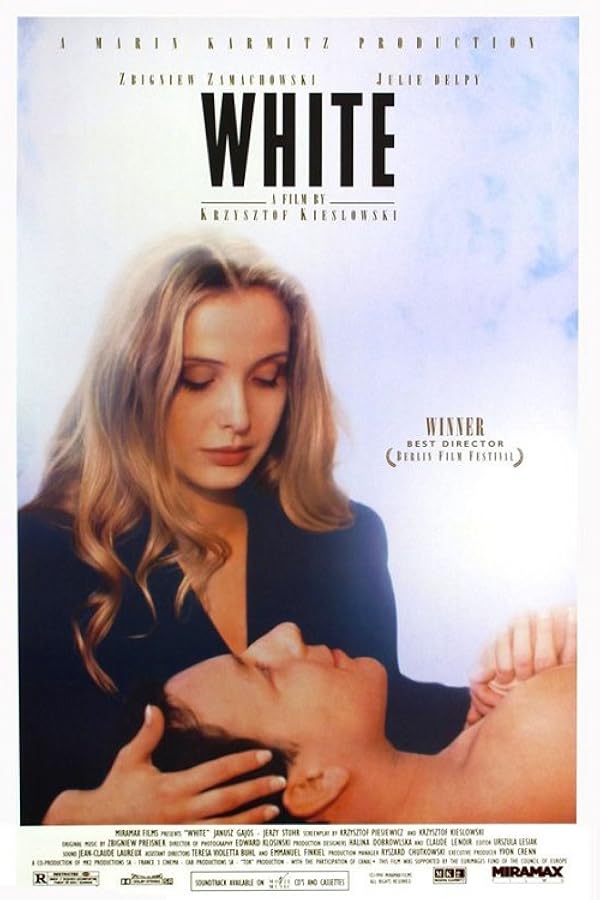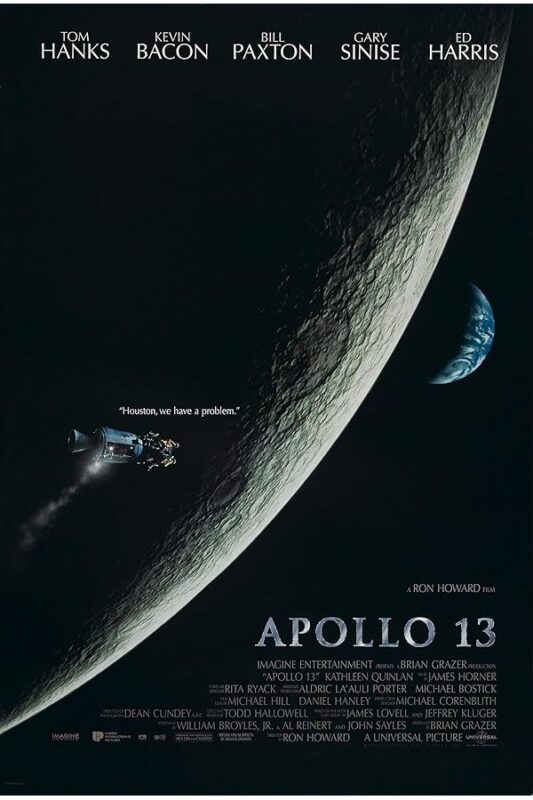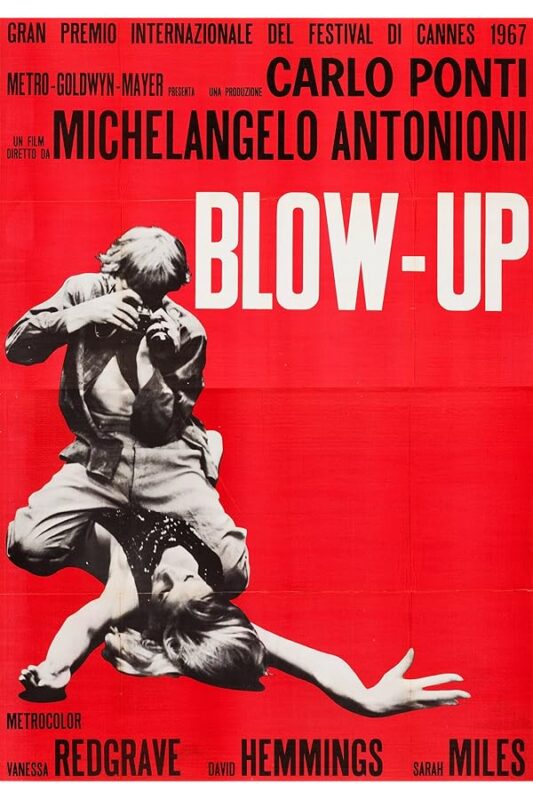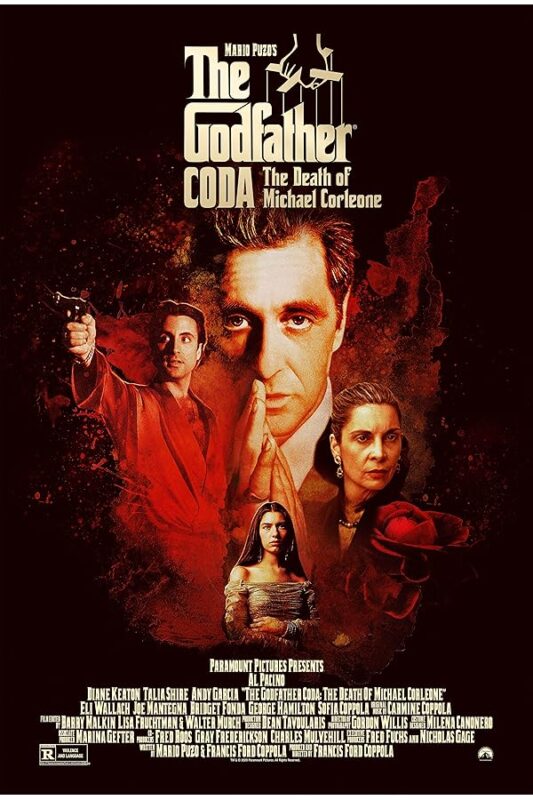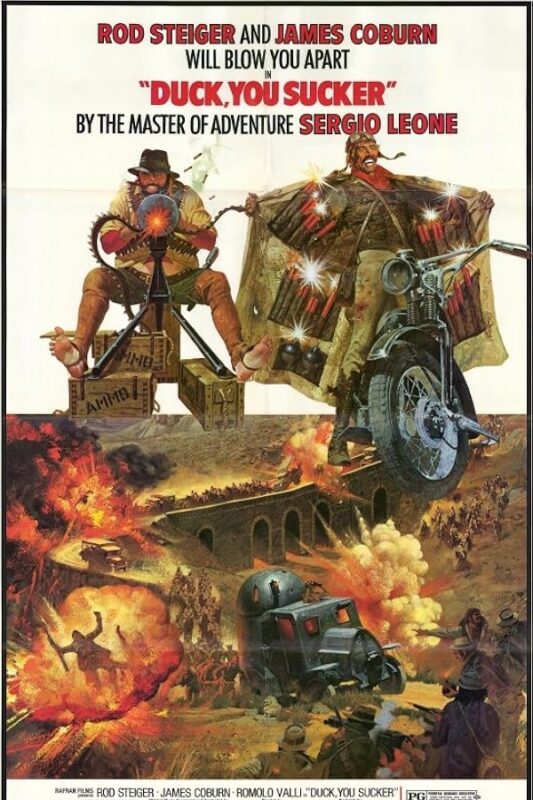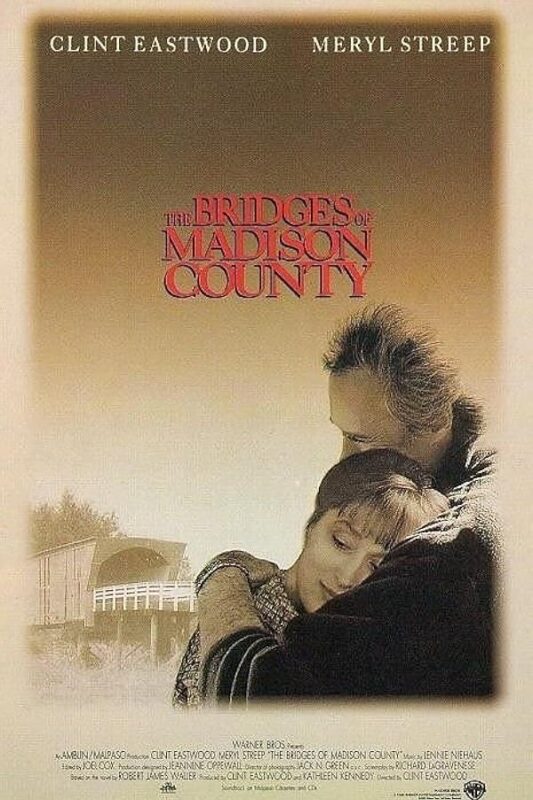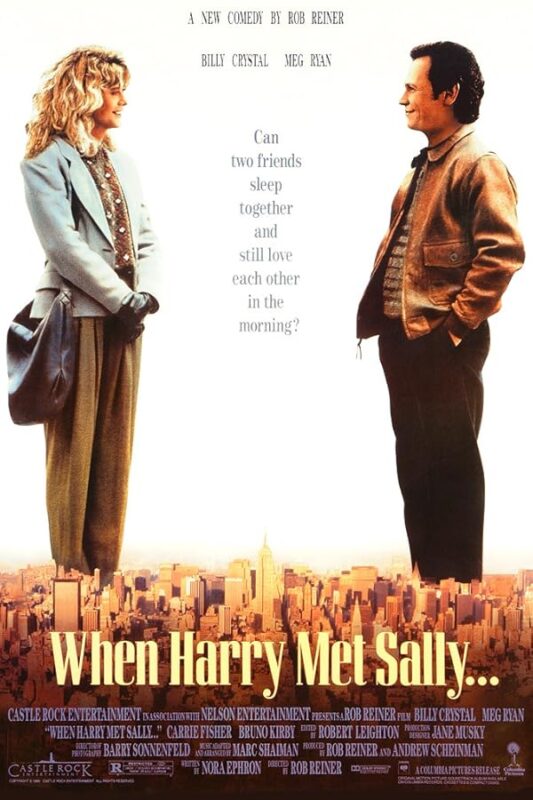Content Warnings
- 🟡 50/100 A character is seen naked from behind in a non-sexual context.
- 🔴 80/100 Sexual content involving partial nudity and suggestive behavior.
- 🔴 70/100 Characters are seen drinking alcohol excessively.
- 🟡 50/100 A character is implied to be using drugs, though not explicitly shown.
- 🔴 70/100 A character slaps another character in a heated argument.
- 🔴 90/100 A violent confrontation involving physical aggression and shouting.
- 🔴 80/100 Use of strong profanity in a heated exchange.
- 🔴 90/100 Repeated use of strong language in an emotional scene.
What is the plot of the movie Festen (1998)?
Festen (1998), also known as The Celebration, is a Danish drama film directed by Thomas Vinterberg. The plot revolves around a family gathering to celebrate the patriarch's 60th birthday. During the celebration, the eldest son, Christian, makes a shocking accusation against his father, revealing dark family secrets that disrupt the event and force the family to confront their past.
Who are the main actors in Festen (1998)?
The main actors in Festen (1998) include Ulrich Thomsen as Christian, Henning Moritzen as Helge (the father), Thomas Bo Larsen as Michael, and Paprika Steen as Helene. These actors deliver powerful performances that drive the emotional intensity of the film.
Is Festen (1998) part of a specific film movement?
Yes, Festen (1998) is a seminal film in the Dogme 95 movement, a filmmaking style initiated by Danish directors Lars von Trier and Thomas Vinterberg. The movement emphasizes simplicity, naturalism, and the use of handheld cameras, with strict rules to avoid artificial elements like special effects or non-diegetic music.
What themes are explored in Festen (1998)?
Festen (1998) explores themes of family dysfunction, repressed trauma, and the consequences of silence and denial. The film delves into the psychological and emotional impact of abuse, as well as the dynamics of power and control within a family.
How was Festen (1998) received by critics and audiences?
Festen (1998) was critically acclaimed and won the Jury Prize at the 1998 Cannes Film Festival. It was praised for its raw and intense storytelling, powerful performances, and innovative use of the Dogme 95 style. The film resonated with audiences and remains a landmark in Danish cinema.

